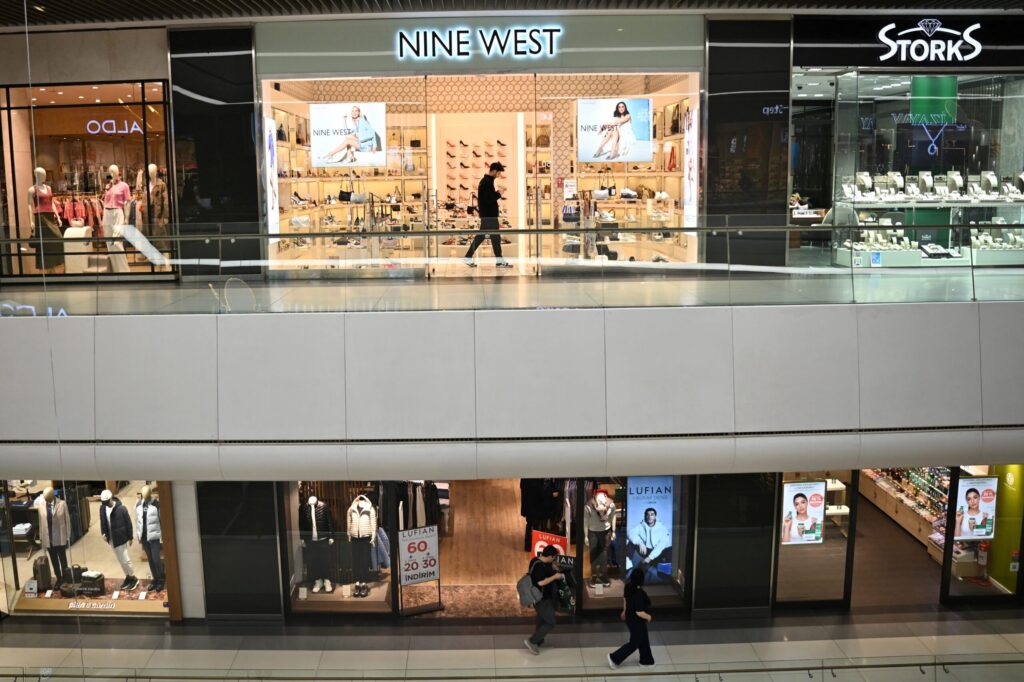10-month run of inflation falls
Ongoing political unrest
Inflation could rise again
Turkey’s inflation rate eased for the tenth straight month in March, although there are concerns that persistent political unrest could lead to a reversal of this trend in coming months, as the cost of a weaker currency and disruptions to the economy flow into the pricing chain.
The consumer price index fell to 38.1 percent in March, according to data issued by state statistics agency Turkstat on April 3, down from the 39.1 percent of the previous month and extending a run of inflationary easing to 10 months, from a peak of 75 percent last May.
However, the monthly rate ticked up slightly, with March’s CPI rising 2.5 percent, compared to February’s 2.3, with a 5 percent increase in food costs for March being a driving force behind the rise.
Another factor heating up inflation was the fallout from ongoing political unrest which has driven the value of the lira down 4 percent, pushing up the cost of imports.
Istanbul mayor Ekram İmamoğlu was taken into police custody on March 19, accused of corruption. The detention of the popular opposition figure and rival to President Recep Tayyip Erdoğan has sparked widespread protests and a sell-off in markets.
At one point the lira shed 12 percent against the dollar, before central bank intervention clawed back most of the lost ground, while the İstanbul stock exchange plunged more than 9 percent, recovering somewhat in the days after.
While the March inflation figure was within expectations, economist Mustafa Sönmez told AGBI the pricing-in of the events of March 19 and after had already had an impact and would be felt more in later months.
“April’s inflation will inevitably rise since foreign currency has gained, interest rates have gone up, power prices have gone up and so the impact will be felt more in the April inflation data which in turn will put into question the government’s disinflation programme,” Sönmez said.
Recent falls in inflation had prompted the central bank to lower its main lending rate, which is currently 42.5 percent.
The bank’s monetary policy committee is scheduled to meet on April 17 to review its main lending rate but it is likely it will defer any further reductions, having instituted cuts of 750 basis points since December.
Concerns over stability appear to have also flowed into manufacturing, where a main indicator fell in March.
The Istanbul Chamber of Industry’s Purchasing Managers’ Index for March dropped to 47.3, down on February’s 48.3, easing to its lowest level since last October. With any reading below 50 indicating a negative movement in the sector, the March data pointed to an acceleration of adverse conditions.
Significantly, the index for new orders fell for the 21st month in a row, with the report citing “challenging market conditions”.
Register now: It’s easy and free
AGBI registered members can access even more of our unique analysis and perspective on business and economics in the Middle East.
Why sign uP
Exclusive weekly email from our editor-in-chief
Personalised weekly emails for your preferred industry sectors
Read and download our insight packed white papers
Access to our mobile app
Prioritised access to live events
Already registered? Sign in
I’ll register later



